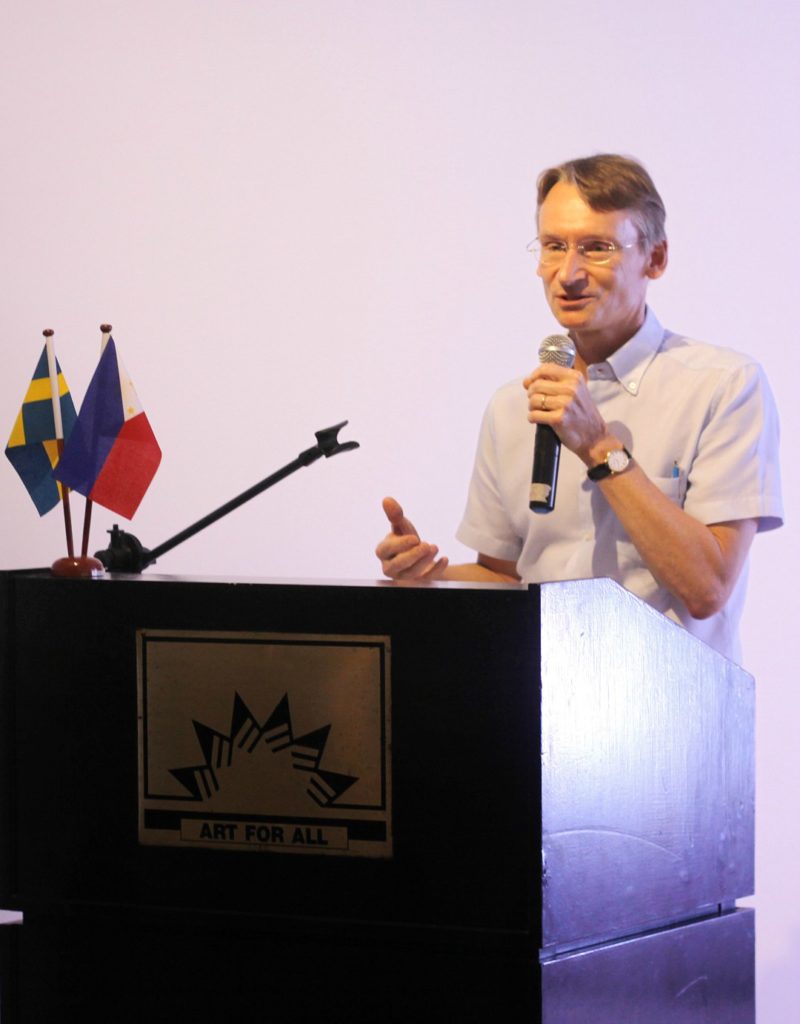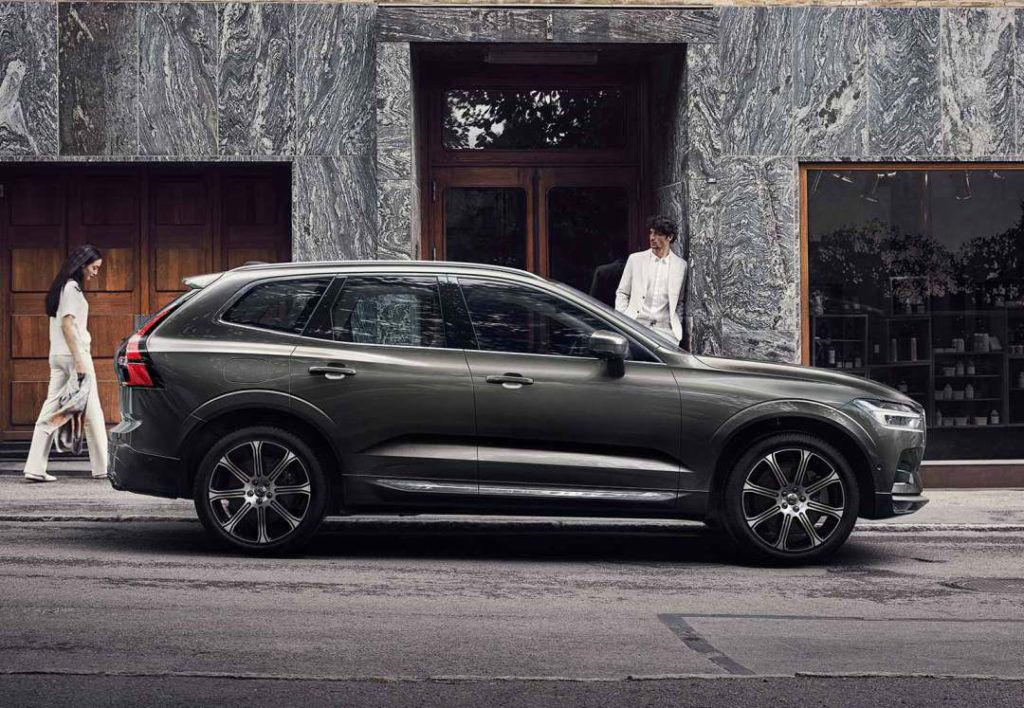In Sweden, the term ‘fika’ means taking a breather from work to enjoy a cup of coffee and to socialize with friends. Having ‘fika’ allows people to engage in casual conversation. It may be about their personal interests or it can also be on wide-scale concerns like environmentalism. In different industries like fashion and automobiles, the trend to be eco-friendly has begun. There is a turn to sustainability as a guiding principle for companies in manufacturing their products. Volvo Philippines is one of these companies that recognize the need for a call to action. They have partnered with the Swedish Embassy in Manila to create a space for people to discuss sustainability in many fields, especially in fashion.

Fika on Fashion
In the fashion industry, more companies and designers are shifting their techniques to sustainable processes. Examples are fashion designer Ryan Madamba and apparel company H&M. Ryan makes unique creations using unconventional materials like burlap and blankets from Ilocos. While H&M also practices sustainability in fashion. The renowned retail brand uses materials like natural leather and citrus juice by-products to achieve net-zero emissions by the year 2050.
In Fashion Revolution: The Future of Textiles exhibit, Ambassador Harald Fries of Sweden claimed commitment and efforts are needed to revolutionize fashion. The exhibit featured products, textiles, and clothes and the sustainable means by which they were created. This enabled audiences to exchange thoughts and ideas on redirecting people to adopt sustainable means in their lifestyles.

Commitment to sustainability
Volvo Philippines has been at the forefront of innovation in the automobile industry to reduce negative environmental footprint. The company’s engine factory in Sweden reached a climate-neutral status. While every new Volvo model they manufacture is 95% recoverable and 85% recyclable. An example is the Volvo XC60 T8 plug-in hybrid SUV for the United Nation’s Clean Seas campaign. The five-seater is made up over 170 recycled materials. V90 Cross Country Volvo Ocean Race car also contains recycled fishing nets. The sales from this model funds the Science Program of the company.
Recently, Volvo Philippines furthered its commitment to sustainability. The company bought S90 and XC90 T8 Twin Engine plug-in hybrids, both capable of having zero-emission travel. All these show how Volvo is not only designing and producing luxurious automobiles. The company also guarantees what they manufacture will help people and the planet in the long term.





